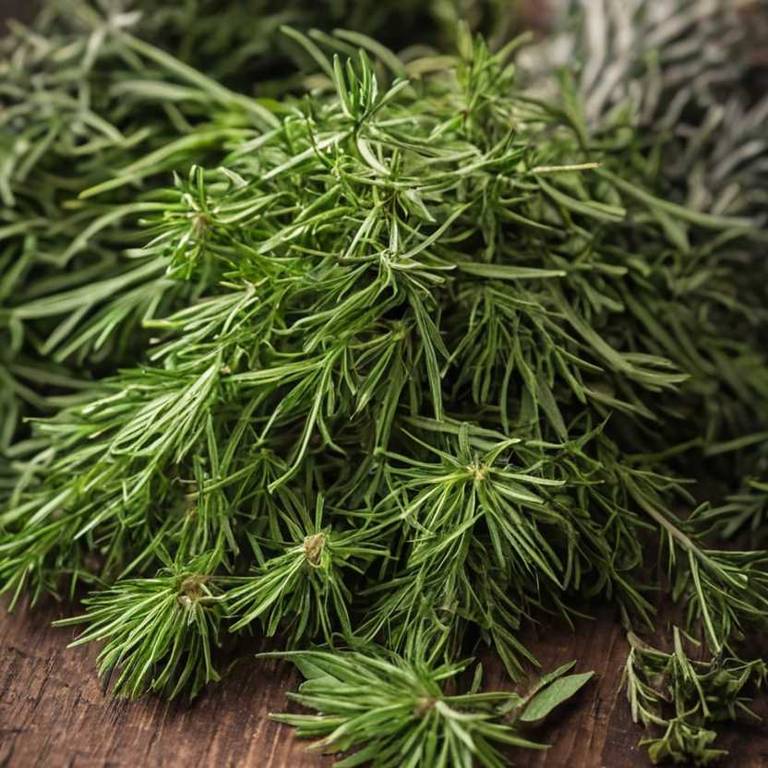Cedrus Libani: What To Know Before Using It For Medicinal Purposes

Cedrus libani, commonly known as the Lebanese cedar, has been historically valued for its medicinal properties in traditional medicine.
The essential oils extracted from its needles and wood contain compounds such as limonene, pinene, and camphor, which are known for their anti-inflammatory and antimicrobial effects. In ancient times, the cedar was used to treat respiratory ailments, skin infections, and as a natural remedy for pain relief. Its aromatic properties also made it a component in aromatherapy for stress reduction and enhancing mental clarity.
Today, research continues to explore its potential in modern pharmacology for developing new therapeutic applications.
Health Benefits
Cedrus libani has several health benefits, such as its potential to reduce stress and anxiety due to its calming aromatic properties.
The essential oils extracted from its needles and cones are known to promote relaxation and improve mood, making it beneficial for mental well-being. Additionally, it has been used traditionally to support respiratory health, as its compounds may help alleviate symptoms of asthma and bronchitis. The tree's anti-inflammatory and antimicrobial properties also contribute to its role in boosting the immune system and treating skin conditions.
Overall, Cedrus libani offers a range of natural health benefits that have been valued for centuries in traditional medicine.
10 Best Health Beneift of Cedrus libani
Bioactive Constituents
Cedrus libani has several bioactive constituents, such as flavonoids, terpenoids, and alkaloids, which contribute to its medicinal properties.
These compounds exhibit antioxidant, anti-inflammatory, and antimicrobial activities, making them valuable in treating various health conditions. Flavonoids, in particular, are known for their ability to neutralize free radicals and protect cellular structures from oxidative damage. Terpenoids contribute to the plant's aromatic profile and also show potential in modulating immune responses.
Overall, the combination of these bioactive constituents makes Cedrus libani a promising source for developing natural therapeutic agents.
Medicinal Preparations
Cedrus libani has several medicinal preparations, such as teas, tinctures, and essential oils, which have been traditionally used for their therapeutic properties.
The needles and cones of the tree are commonly harvested to make herbal teas that are believed to aid in respiratory health and reduce inflammation. Tinctures derived from Cedrus libani are often used to support digestive functions and alleviate symptoms of gastrointestinal disorders. Essential oils extracted from the tree are valued for their calming effects and are used in aromatherapy to reduce stress and improve mental clarity.
These preparations continue to be explored in modern herbal medicine for their potential health benefits.
Side Effects
Cedrus libani can have some side effects, such as gastrointestinal discomfort, including nausea, vomiting, and diarrhea, especially when consumed in large quantities.
Prolonged use of Cedrus libani may lead to liver toxicity, as some compounds in the tree have been shown to affect hepatic function. Individuals with pre-existing liver conditions should avoid using Cedrus libani due to the risk of exacerbating their condition. Additionally, allergic reactions, such as skin rashes or respiratory symptoms, may occur in sensitive individuals.
It is important to consult a healthcare professional before using Cedrus libani, particularly for long-term or therapeutic purposes.